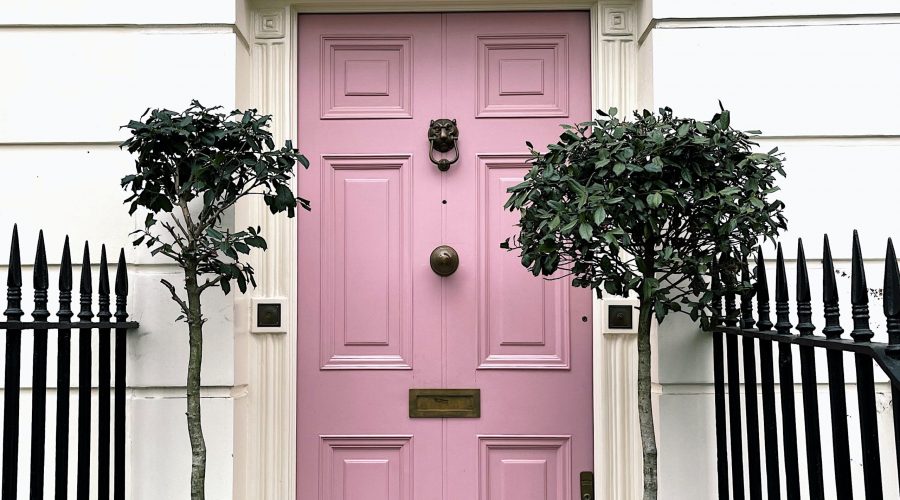The government’s election pitch to young home buyers is like promising chocolate to a child, they can have it, so long as they behave and the parent gets to enjoy a little more peace.
Prime Minister Scott Morrison announced on the weekend that first homebuyers will be able to use up to $50,000 each from their super account to get into the market, if he gets re-elected on May 21. The Super Home Buyer Scheme would take effect on July 1, 2023.
The catch is that any money withdrawn for a home, plus the proportionate capital gain, would have to be returned to the homebuyer’s super fund if the property is later sold.
Now I’m not particularly worried about the funds having to go back into superannuation because in many ways it’s what happens for many of us when we downsize heading into retirement anyway.
Indeed, the PM also announced a push to free up more housing stock by encouraging older Aussies to downsize sooner. The proposal is to lower the age limit from 65 to 55 at which an individual or couple who downsizes could put up to $300,000 per person in their super from the sale of the home.
So we could have more property changing hands sooner, which is good for property supply and supportive of the superannuation system.
But let’s face it, Australia’s are also living longer and are faced with higher costs of living, so will we have a lot of people actually taking up this policy? I’m not convinced, in fact it could just exacerbate the gap between the haves and the have not’s in retirement phase.
Meanwhile the threat to ostracizing future generations out of the property market is a real possibility through the Super Home Buyer Scheme.
Consider this:
- It’s good for people who desperately need assistance to be able to afford to get into an extremely overpriced property market.
- It’s good for existing home owners and investors because the scheme is likely help prop up property prices for a bit longer.
- It’s bad for anyone that is not a first home buyer and is looking to purchase in an already heated market.
According to Industry Super Australia Chief Executive Bernie Dean the impact of the Super Home Buyer Scheme on the housing market would be like throwing petrol on a bonfire.
“It will jack up prices, inflate young people’s mortgages and add to the aged pension, which taxpayers will have to pay for,” he said.
“Super is meant to be for people’s retirement, not supercharging house prices and pushing the home ownership dream further away.”
“Not only will it lock young people into hugely inflated mortgages without any requirement for their own deposit, it will torpedo investment returns for everyone leading to everyone having far less at retirement.”
“We need sensible solutions to address house prices – like boosting the supply of affordable housing which will bring prices down and get young people into a home without lumbering workers with higher taxes in the future.”
Table 1: Impact on capital city prices of allowing couples to withdraw up to $40,000 from super for a house deposit.
| City | Current median price1 | Super price hike % | Median after super price hike | Difference $ |
| Sydney | $826,000 | 16% | $960,000 | $134,000 |
| Melbourne | $640,000 | 9% | $695,000 | $55,000 |
| Brisbane | $475,000 | 8% | $510,000 | $35,000 |
| Adelaide | $448,400 | 8% | $485,000 | $36,600 |
| Perth | $435,000 | 14% | $495,000 | $60,000 |
| Hobart | $453,900 | 6% | $480,000 | $26,100 |
| Darwin | $444,500 | 10% | $490,000 | $45,500 |
| Canberra | $613,800 | 13% | $690,000 | $76,200 |
Financy is a fearless believer in economic equality, but we recognise that this socially responsible outcome is best achieved if diversity, equity and inclusion efforts are supported to measure maximum impact.












